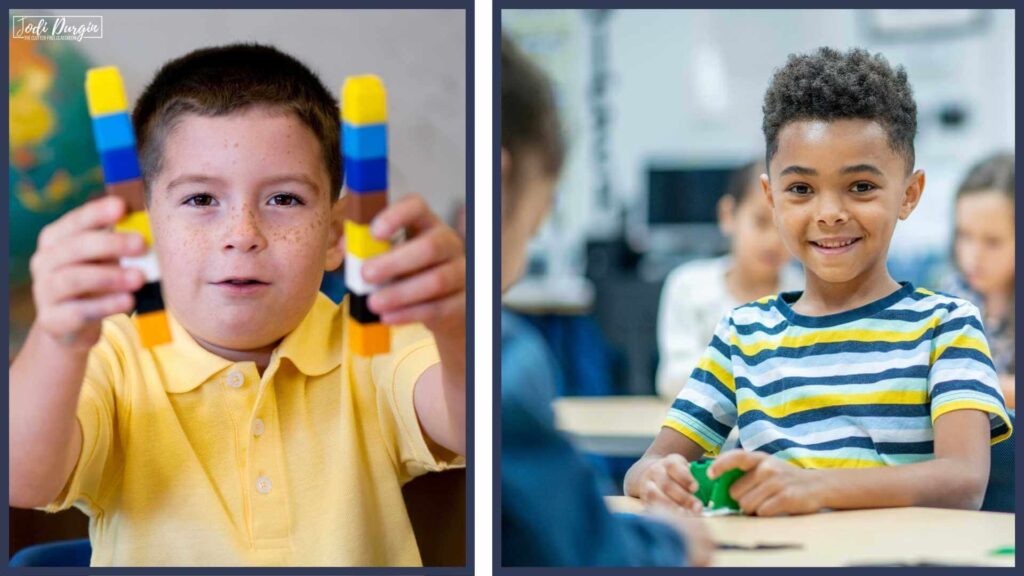Introduction
In the world of education, Montessori teaching methods are renowned for their emphasis on hands-on learning and individualized instruction. Montessori teachers play a crucial role in creating engaging classroom environments that foster curiosity, independence, and a love of learning among their students. In this article, we’ll explore essential tips for Montessori teachers to enhance classroom engagement and create enriching learning experiences for their students.
Create a Prepared Environment
One of the fundamental principles of Montessori education is the concept of the prepared environment. Montessori teachers should carefully design their classroom spaces to encourage exploration, discovery, and independent learning. Arrange materials in an orderly and accessible manner, ensuring that students can easily locate and use them as needed.
Follow the Child
In a Montessori classroom, teachers are encouraged to observe and follow the lead of their students. Pay attention to each child’s interests, preferences, and developmental stage, and tailor your teaching approach accordingly. Provide opportunities for student-led learning experiences, allowing children to pursue topics that capture their curiosity and enthusiasm.
Encourage Hands-On Learning
Montessori education emphasizes hands-on, experiential learning as a way for students to fully engage with and internalize new concepts. Incorporate a variety of tactile materials and activities into your lessons, allowing students to manipulate objects, conduct experiments, and explore concepts in a concrete, tangible way.
Promote Independence
One of the hallmarks of Montessori education is its focus on promoting independence and self-reliance in students. Encourage children to take ownership of their learning by providing opportunities for them to make choices, solve problems, and work independently. Foster a supportive environment where students feel empowered to take risks and learn from their mistakes.
Foster a Love of Learning
Montessori teachers play a vital role in cultivating a lifelong love of learning in their students. Create a classroom culture that celebrates curiosity, inquiry, and exploration. Spark students’ interest in new topics by introducing engaging materials, asking thought-provoking questions, and facilitating meaningful discussions.
Embrace Multi-Age Groupings
In a Montessori classroom, students of different ages and abilities often work together in multi-age groupings. Embrace this diversity and leverage it as a strength in your teaching approach. Encourage older students to mentor and assist younger ones, fostering a sense of community, collaboration, and mutual respect among classmates.
Provide Freedom Within Limits
Montessori classrooms offer students a high degree of freedom and autonomy within a structured framework. Set clear expectations and boundaries for behavior and classroom routines, but also allow students the freedom to explore and learn at their own pace. Provide opportunities for self-directed learning and encourage children to take responsibility for their actions.
Cultivate a Sense of Order
Maintaining a sense of order and harmony in the classroom is essential for creating an optimal learning environment. Establish consistent routines and procedures for classroom activities, transitions, and materials use. Encourage students to contribute to the upkeep of the classroom by taking responsibility for organizing and caring for materials.
Promote Collaboration and Community
Montessori education emphasizes the importance of collaboration and community in the learning process. Create opportunities for students to work together on projects, share ideas, and learn from one another. Foster a sense of belonging and mutual respect among classmates, celebrating each child’s unique contributions to the learning community.
Conclusion
Montessori teaching is a dynamic and enriching approach to education that prioritizes student engagement, independence, and a love of learning. By following these essential tips, Montessori teachers can create vibrant classroom environments where students thrive academically, socially, and emotionally. By embracing the principles of Montessori education and adapting them to the needs of their students, teachers can unlock the full potential of every child in their care. Read more about tips for montessori teachers





